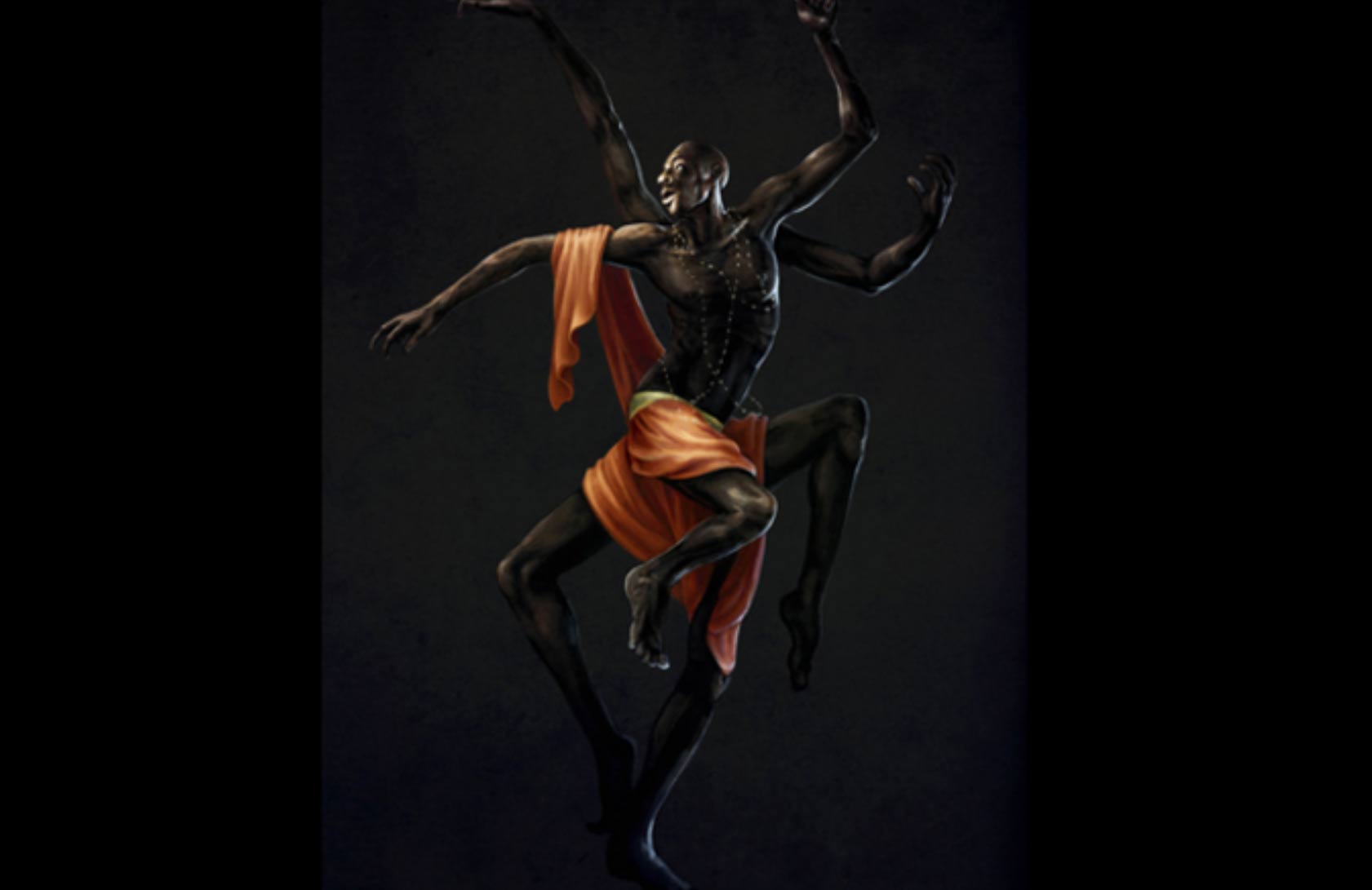Kano city, located in northern Nigeria, is one of the oldest and most significant cities in the country's history. Its socio-cultural identity has been shaped by a variety of factors, including its history, traditions, and myths. One of the most significant myths in Kano's cultural identity is the Habe Maguzawa myth which this article will explore. Kano city was founded by two groups of people - the Habe and the Maguzawa. The Habe were believed to be descendants of a prince from Baghdad, while the Maguzawa were believed to be the original inhabitants of the region.
The story narrates that the Habe arrived in the region with their leader, Bagauda, and were welcomed by the Maguzawa. The two groups of people collaborated to create a new settlement, which they called Kano. The Habe provided leadership and governance, while the Maguzawa contributed their knowledge of the land and agriculture.
Over time, Kano city grew in size and prosperity, and the Habe and Maguzawa continued to live together in peace and harmony. The story of the Habe Maguzawa myth has become a significant part of Kano's history and cultural identity, promoting inter-ethnic harmony and unity within the city.
One of the most notable aspects of the myth is its emphasis on the significance of trade and commerce in Kano city's history. It illustrates how the Habe and the Maguzawa traded goods and services, which promoted economic growth and prosperity in the city. It has helped to reinforce the significance of trade and commerce in Kano's identity, fostering a sense of shared economic responsibility among the city's population.
Furthermore, the myth has played an instrumental role in promoting Islamic traditions and values in Kano city. The story describes how the Habe and the Maguzawa embraced Islam, which has helped shape the city's Islamic identity. It reinforces the importance of Islam in Kano's history and culture, promoting the city's Islamic traditions and values.
Another crucial aspect of the myth is its role in preserving and promoting cultural traditions and values. It emphasizes the importance of preserving and promoting cultural heritage, which has helped to conserve Kano's rich cultural legacy. It has been used to reinforce the importance of cultural preservation in Kano's identity, promoting cultural awareness and appreciation among the city's population.
Finally, the Habe Maguzawa myth has also impacted Kano's political identity. It emphasizes the importance of cooperation and mutual respect between different groups of people, promoting political stability and unity within the city. It reinforces the significance of political cooperation and stability in Kano's identity, fostering a sense of shared responsibility and community among the city's population.
In conclusion, the Habe Maguzawa myth has promoted inter-ethnic harmony and unity, reinforced the importance of trade and commerce, promoted Islamic traditions and values, preserved cultural heritage, and promoted political stability and unity. It has become an integral part of Kano's identity, shaping the city's cultural, social, and political landscape. The Habe Maguzawa myth reminds us of the significance of mutual respect, cooperation, and cultural preservation in shaping a society's socio-cultural identity
References
Abba, M. A. (2012). The Significance of the Habe-Maguzawa Myth in Kano City's Socio-Cultural Identity. Journal of Nigerian Association for the Study of Religions and Education, 2(2), 55-64.
Akinwumi, O. (1999). West African traders in Ghana in the nineteenth and twentieth centuries. Journal of African History, 40(2), 195-214.
Hiskett, M. (1975). The development of Islam in West Africa. London: Longman.
Mabogunje, A. L. (1980). Kano: An urban settlement of the Sudan savanna. Ibadan: University Press.
Sulaiman, K. (2005). Cultural heritage and the Habe-Maguzawa myth in the making of Kano's identity. In T. Falola & C. Jennings (Eds.), Africanizing knowledge: African studies across the disciplines (pp. 157-174). New Brunswick, NJ: Transaction Publishers.
Join the Oriire Community
Become a free member to get the monthly roundup, comment on articles and bookmark your favourites





















Share
0 Comments